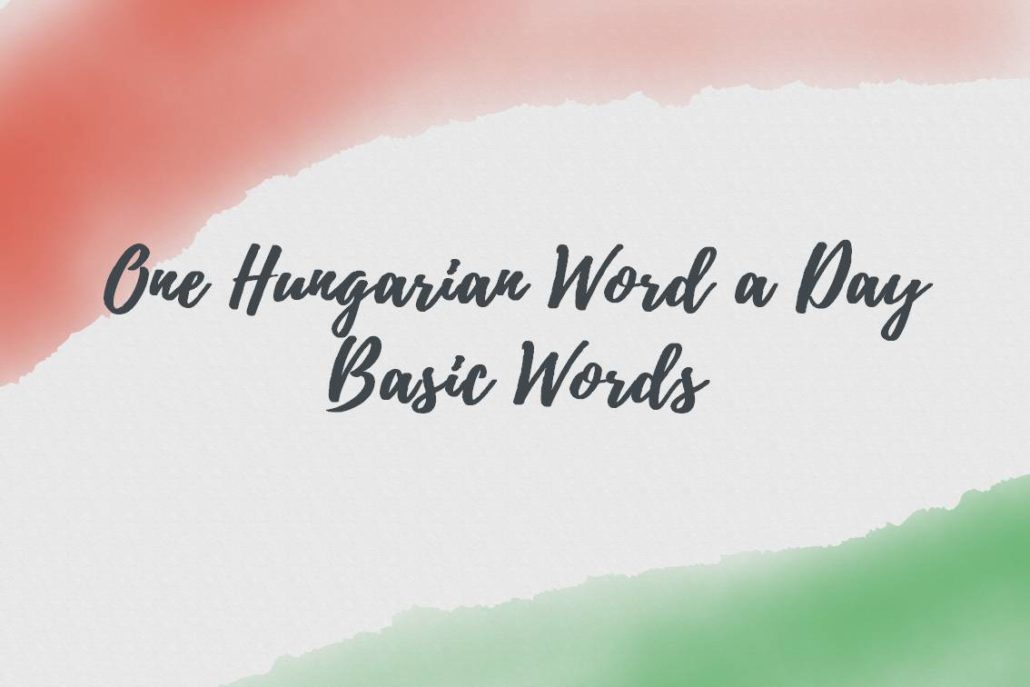Csomó

Csomó
Meaning:
knot; figurative for: a bunch, many
Pronunciation:
Example sentences:
Csomót kötöttem a zacskóra, nehogy kiessen belőle minden.
I tied a knot on the bag to avoid everything falling out of it.
[Knot(acc.) tied-I the bag-on, not-that out-fall-shpuld out-of-it everything.]
Egy csomó ember volt tegnap a bulin.
There were lots of people at the party yesterday.
[A knot person were yesterday the party-on.]
Related terms:
to “knot”:
köt – to tie
masni – ribbon
szoros – tight
tengerészcsomó – sailor’s knot
to “a bunch”:
sok – many
kevés – few
pár – literally “pair”, but also: few
néhány – another word for “few”
jónéhány – a “good few” – i.e. quite a lot
Did you like today’s word? Do you have a favourite memory hook for it or do you get it into your brain in a completely different way? Did we miss something in the explanation?
Share your thoughts, word visualizations or learning tips below in the comments and remember, the more you use a new word, the easier it will stick in your memory!




I really like the literal translation, it’s really helped me a lot. That was a problem with a lot of other courses. I couldn’t relate the Hungarian to the translation. I was always translating it with dictionary on my own. This makes it so much easier to learn.
Thank you so much Henry, we’re really glad this was helpful to you!! 🙂
Best,
Juli
I enjoy this website particularly for keeping up with modern slang like “cuki”. I’m American, 67, and taught by people who are by now mostly all deceased. Are you familiar with the pre-WW2 jargon of the budapesti zsidók? For instance, “szelletli” instead of “zárt veranda”? I have not been able to find that one anywhere on the internet to know whether I’m spelling it right.
Thank you, Elizabeth! Glad you like our website!
Unfortunately, being born in the 90s I am not familiar with these expressions. 🙁
However, I have googled this particular expression for you, and the right spelling is “szeletli”! 🙂
Hope this helps a bit.
Best,
Juli